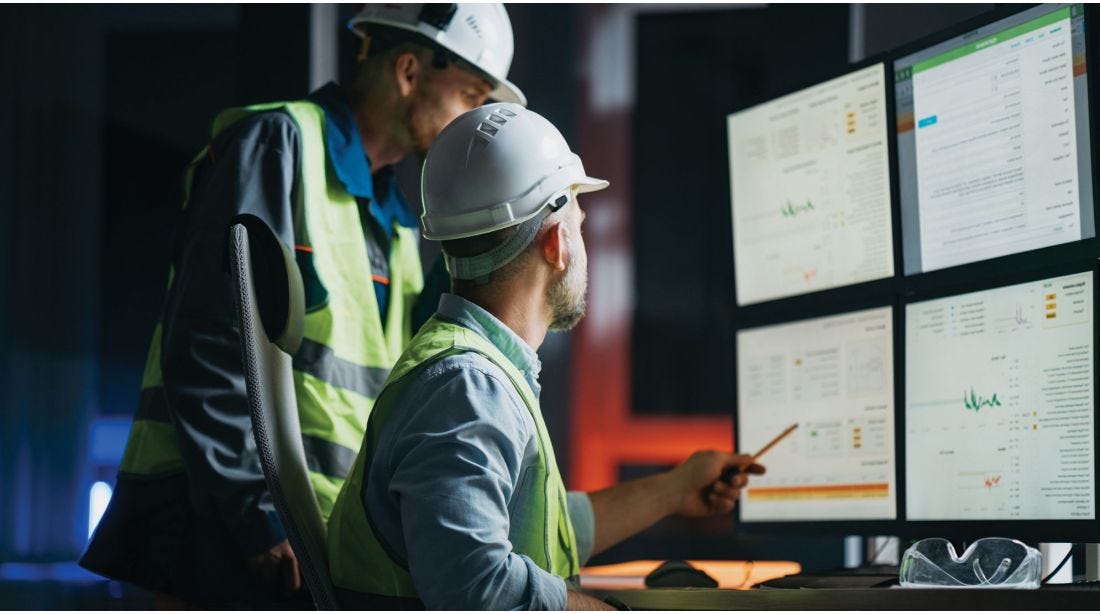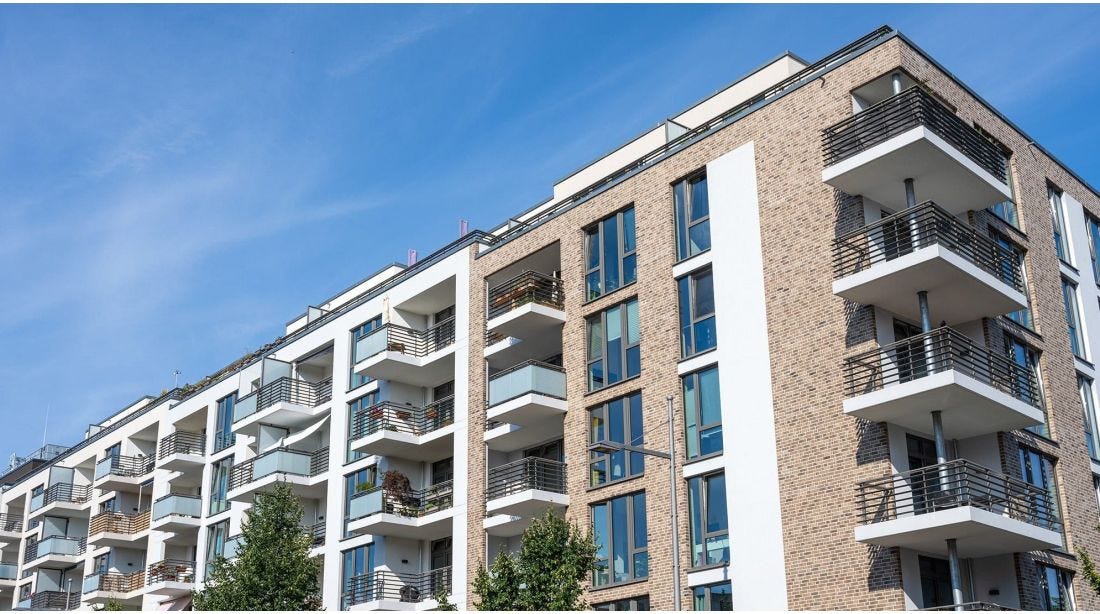Types of Construction Projects: A Comprehensive Guide for 2024
The construction industry quite literally shapes our world. From the homes we live in to the roads we travel, construction projects play a crucial role in creating and maintaining the infrastructure we rely on every day.
Each project serves a distinct purpose and requires specialized expertise. As we navigate through 2024, understanding the various types of construction projects becomes crucial for industry professionals and enthusiasts alike. From residential buildings to commercial complexes, and infrastructure developments to industrial facilities, this comprehensive guide explores the world of construction, highlighting key trends, techniques and innovations shaping the industry today.
What Is Considered a Construction Project?
A construction project involves creating or renovating buildings, infrastructure or other physical structures, ranging from small-scale to large-scale infrastructure developments. It covers the project's entire lifecycle, including:
- Preconstruction
- Planning and design
- Construction
- Post-Construction (project closeout)
Throughout the construction process, effective management of resources and schedules is crucial to achieving cost-efficiency, timely delivery and required quality standards. Construction project types vary widely, but they all aim to bring a concept to completion by ensuring the structures meet specific requirements and serve their intended purposes.
Common Construction Projects
When it comes to construction, understanding the different project types is essential. Each category serves a distinct purpose and requires specific expertise.
Let’s explore the primary types of construction projects:
- Residential Construction Projects: This covers building structures intended for people to live in, including single-family homes, multi-family units (like apartment buildings and condominiums) and other housing complexes.
- Commercial Construction Projects: Focuses on constructing structures for business and commerce purposes, such as offices, retail stores, shopping malls, recreational facilities, restaurants and hotels.
- Industrial Construction Projects: Involves building facilities used for industrial activities, manufacturing and production. This category includes factories, warehouses, power plants, refineries and manufacturing plants — requiring specialized infrastructure construction to support robust industrial operations.
- Institutional Construction Projects: Deals with constructing buildings that serve public or community use, such as schools, universities, hospitals, government buildings, libraries and religious institutions. These building projects require meticulous planning to create functional spaces that meet community needs and enhance public infrastructure.
- Infrastructure Construction Projects: Involves large-scale projects that typically require extensive resources and specialized equipment. This includes highways, bridges, tunnels, dams and major land development projects. Infrastructure construction projects rely extensively on civil engineering principles and require substantial planning due to their public impact.
- Mixed-Use Construction Projects: Represents a growing trend that combines multiple project types into one development. For example, a mixed-use project might include residential units, office spaces and retail stores all within the same building complex.
- Green Construction Projects: Green construction, also known as sustainable construction, refers to building practices that aim to reduce the environmental impact of buildings and enhance the health and well-being of the people who live and work in them. These projects emphasize energy efficiency, sustainable materials and innovative building practices.
Factors Influencing Project Selection and Management Across Construction Project Types
Selecting the right type of building project involves careful consideration of various factors that can significantly impact its success. Professionals often assess project scale and complexity by categorizing building heights according to the number of stories. Here are some key factors to keep in mind:
- Purpose and Use: Understanding the fundamental intent and functional requirements of the building or infrastructure is crucial for any project. Each type of project is tailored to meet its unique operational demands.
- Location and Environment: The geographical location plays a vital role in project planning. Factors such as climate, terrain and local regulations influence design, construction methods and material choices.
- Budget and Resources: Each project type requires careful financial planning and resource allocation. Projects vary in their financial requirements, from cost-effective residential developments to large-scale infrastructure projects funded through public or private investments.
- Timeline and Scheduling: Project timelines vary depending on project characteristics and requirements. Some projects may have shorter timelines to meet immediate needs while others may require extended planning and construction phases to ensure compliance and quality.
- Regulatory Requirements: Compliance with building codes, zoning laws, environmental regulations and safety standards is critical across all project types. Institutional and infrastructure projects typically face more stringent regulatory scrutiny due to their public impact.
- Stakeholder Needs: Understanding the needs and expectations of stakeholders, including clients, end-users and the community is essential for delivering successful projects that exceed expectations.
Why Is Cost Estimating Important in Construction Projects?
Throughout a construction project's lifecycle, cost estimation serves as a vital foundation for informed decision-making, ensuring that projects stay within budget and resources are managed effectively. By carefully considering factors such as labor costs, building materials, equipment and overhead expenses, accurate cost estimation not only enables effective project planning and budget allocation but minimizes the impact of cost-related issues.
RSMeans Data Online provides valuable assistance in this process, offering meticulous cost estimates customized for various types of construction projects. Whether estimating the cost of building apartments, commercial buildings or infrastructure projects — you can create accurate cost projections.
Embracing the Diversity in Construction Projects
The construction industry spans a wide array of construction project types, each playing a crucial role in shaping the communities we live and work in. Familiarity with these categories and their regulatory frameworks empowers construction professionals with the knowledge needed to excel. Effective execution hinges on rigorous planning and precise budgeting — this is where cost estimation becomes your essential tool.
For precise cost data, consider exploring a free trial of RSMeans Data Online. Empower your projects with accurate insights and streamline your budget management today!





